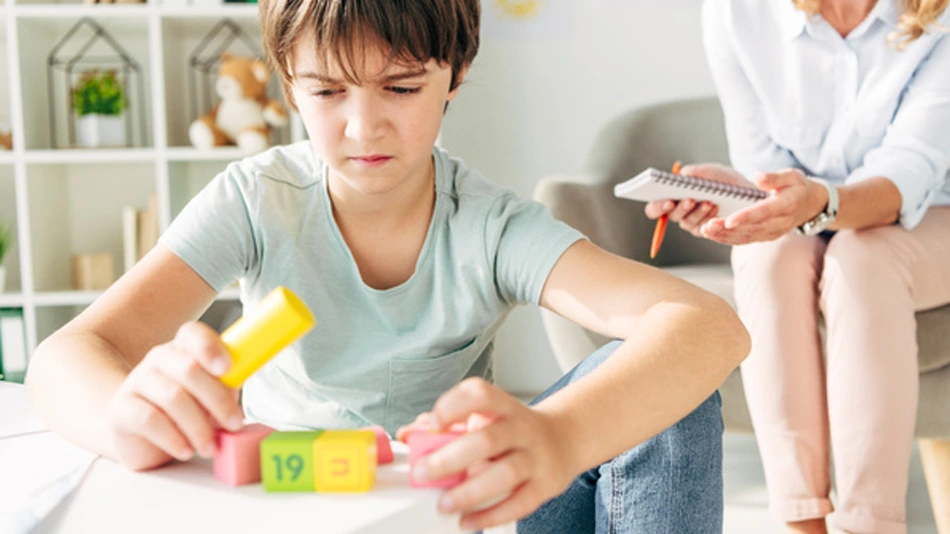At Reef Wellness, we understand that every child is unique—and so are the challenges they face. When a child struggles with reading, writing, focusing, or problem-solving in ways that seem beyond the typical learning curve, it may be more than just a phase. Learning disabilities are real, complex, and deeply impactful—but with the right support, children can thrive both academically and emotionally.
That’s where child counseling comes in.
What Is a Learning Disability?
A learning disability (LD) is a neurological condition that affects how a person processes information. It can interfere with reading (dyslexia), writing (dysgraphia), math (dyscalculia), attention (often linked with ADHD), or other cognitive functions. Importantly, learning disabilities are not a reflection of intelligence—many children with LDs are highly creative and capable in other areas.
What sets a learning disability apart is its impact on a child’s ability to succeed in traditional academic settings without additional support.
Signs Your Child May Have a Learning Disability
- Difficulty following directions
- Trouble remembering what was just said or read
- Problems with reading, writing, or math skills
- Lack of focus or being easily distracted
- Frustration with school or refusal to attend
- Low self-esteem or frequent emotional outbursts related to schoolwork
These signs don’t always point to a learning disability, but they can be red flags. Early assessment and intervention are key to understanding and managing the root of the issue.
How Child Counseling Helps
At Reef Wellness, our trained child counselors work closely with families and educators to provide a safe space for your child to express themselves, explore their challenges, and build emotional resilience.
Here’s how counseling supports children with learning disabilities:
Emotional Support
Children with learning challenges often feel “different” or “not good enough.” Our counselors help them build confidence, reduce anxiety, and cope with the emotional toll of academic struggles.
Behavioral Strategies
We work with children to develop focus, organization, and coping mechanisms, tailored to their specific needs—whether it’s managing attention, controlling impulsive behaviors, or navigating social interactions.
Parent & School Collaboration
We support parents in understanding their child’s needs and help bridge communication between families and schools to create a more supportive learning environment.
Early Intervention = Better Outcomes
When children receive emotional and behavioral support early, they’re more likely to succeed academically and socially. Counseling can be the turning point, helping your child overcome obstacles and discover their strengths.


